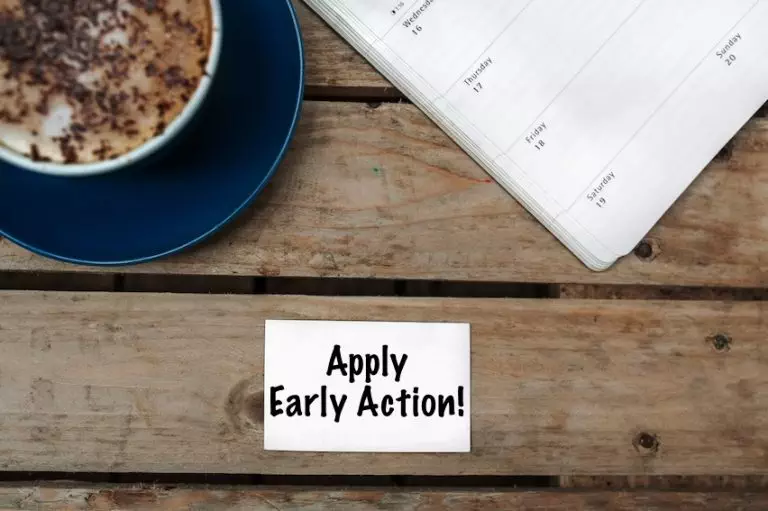Podcast: Vibha Kagzi in Conversation with Upasana

House of Experts is a show that ReachIvy kick-started to help those who are unclear about their career choices. We hope through these sessions with some very successful people, we can shed light on a new career path every week. House of Experts plans to make a collection of interactive and informative sessions with experts from various domains.
Vibha Kagzi, the host, is the Founder and CEO of ReachIvy.com, a premium study abroad and career consultancy organization. Vibha, a Harvard alumna, is a successful entrepreneur and believes in helping others chalk out their future careers.
In Episode 20 of House of Experts, we were fortunate to host the Founder of Diet Tamasha, Pink Harvest Farms, and Bean To Chocolatier, Upasana Parasrampuria. Upasana is a Natural Foods Chef & Entrepreneur, specializing in health food products. She graduated from HR College and then moved on to studying LLB from Government Law College. Apart from being a rank holder, she even pursued Pistol Shooting as an International Sport for the Indian Team.
In 2015, Upasana pursued her passion and did her Culinary Arts Chef’s Training Program in Natural Foods from Natural Gourmet Institute (now a part of ICE), New York.
Upasana started Diet Tamasha as her first project from home and since then has grown into a commercial industrial kitchen.
After realizing how expensive it was to stay healthy in India, Upasana and her brother started Pink Harvest Farms with an acre of land by being the first to grow Chia Seeds in India. Pink Harvest Farms is now a retail brand available in 500+ stores Pan India as well as on Amazon / their own website.
She has since gone on to launch her own chocolate brand BeanTo Chocolatier that specializes in making snacking chocolate with better for you ingredients.
1) Tell us about our early years and your education.
As a child, I was an absolute tomboy and grew up with a really progressive-minded grandfather. He used to introduce me to everyone as his grandson! I had a very supportive family who let me be who I was. I was born and brought up in Bombay. I made a decision to not go abroad to stud. I did my BCom and went on to do law before coming into the food space. I come from a business family, but it was what I wanted to do for myself. I started pistol shooting and I was good at it so I kept going. I represented the country in it too!
2)How did you get into the food space?
I was working at a law firm, and like every corporate job, you get used to being in front of the desk and chair. You start neglecting so many things. I felt like I was neglecting my health and wellness, and that’s when I started realigning my focus towards myself. It was time to work for my own wellbeing. The love for nutrition came about when I started seeing the effect it had on me and my body. I went to New York and enrolled in Culinary Arts, and did my Chef’s Training Program. It was amazing to see so many people from different places living together in New York. New York, the vibe of the city is so much to learn from. It has definitely influenced me.
The concept of Diet Tamasha is based on inclusion. I wanted to be the go-to person for anyone who was looking to get something customized according to their dietary needs, and that is how the idea came about.
3) Usually, healthy foods are more expensive as compared to processed foods. What are your thoughts on this and how do you decide the pricing of your products?
One day, when my brother and I had gone shopping, we realized how expensive chia seeds were, and we thought that it shouldn’t be so expensive to live a healthy life, and that’s where Pink Harvest Farms began. We’re very committed to wanting to being down the price but ultimately, it’s a two-way street. As the demand increases, brands like us are able to source better and are able to pass the price benefit to our customers. As for pricing, one needs to consider the price of goods, delivery cost, logistic costs, and also the cost of visibility. Once you have taken all those costs into consideration, I think you’ll be able to arrive at your final figure.
4) Is this a lucrative career according to you?
I would divide this into two parts-one is fast-food; a cloud kitchen or a delivery kitchen, and the second one is a retail brand. I think the former requires a lesser amount of investment, especially if you’re going to franchise. The returns are a little sooner. With a retail brand, I think the investments are larger. One has o source goods, charge working capital, paying for visibility. It’s a more long-term project. The eventual goal is to be funded and the returns take time to come in. That is a major difference between the two.
5) What does healthy mean to you?
For me, healthy does not look the same for 2 people. It’s a relative term and it’s about being aware of what works for you, and while everyone assumes that health is just about food, it also is much more than that. Healthy is not a diet, it’s a lifestyle.
We’re really grateful to Upasana for sharing her journey and candid thoughts about her career. Are you looking for career guidance? Contact us TODAY!






